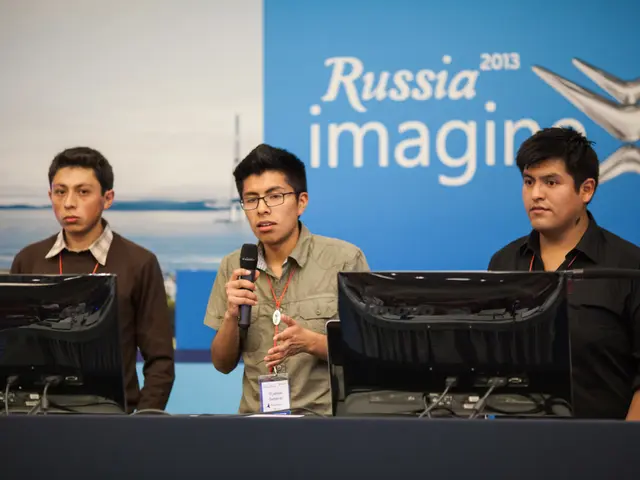Climate justice workshop presents new initiative, pushing for fair and balanced climate policies
Plan International Bangladesh recently hosted a national dissemination workshop for a scoping study titled "Understanding SRHR, WASH, and Livelihoods Situations and Pathways Forward in Climate-Vulnerable Locations of Southwest Bangladesh." The event, which took place yesterday, also marked the official launch of the DURBAR Programme, a flagship initiative promoting climate justice and gender equality in coastal communities.
The scoping study, conducted in Khulna and Satkhira, focused on the impact of climate change on women, girls, and marginalized populations. It examined how cyclones, salinity intrusion, and water scarcity exacerbate challenges related to reproductive health, water, sanitation, and hygiene (WASH), and livelihoods in these climate-vulnerable regions.
Ashrafi Ahmad, Director General of Family Planning, emphasized that the impacts of climate change are a public health and human rights crisis. He stressed the need for health and family planning systems to become climate- and gender-sensitive. Mohammad Navid Safiullah, Additional Secretary of Environment, also highlighted the usefulness of the data found and analyzed in designing integrated, people-centered adaptation strategies.
The workshop presented findings from the study and highlighted critical service gaps. It recommended evidence-based policy and programmatic interventions to address these gaps. Nayoka Martinez-Bäckström, First Secretary at the Embassy of Sweden, called for collaboration among local government, policymakers, and youth to address vulnerabilities in Bangladesh's southwestern coastal regions.
The DURBAR Programme aims to address these challenges by promoting climate justice and gender equality in coastal communities. The programme aims to inform government policy, guide donor priorities, and shape future programs to safeguard reproductive health, access to water and sanitation, and sustainable livelihoods for vulnerable communities in climate-affected areas.
The event included a high-level panel discussion on sustainable and resilient pathways. The workshop's press release was also published yesterday, detailing the findings of the scoping study and the objectives of the DURBAR Programme.
The launch of the DURBAR Programme and the dissemination of the scoping study's findings mark significant steps towards addressing the unique challenges faced by women, girls, and marginalized populations in climate-vulnerable regions of Bangladesh.
Read also:
- Abu Dhabi initiative for comprehensive genetic screening, aiming to diagnose over 800 conditions and enhance the health of future generations in the UAE.
- Elderly shingles: Recognizing symptoms, potential problems, and available treatments
- Protecting Your Auditory Health: 6 Strategies to Minimize Noise Damage
- Exploring the Reasons, Purposes, and Enigmas of Hiccups: Delving into Their Origins, Roles, and Unsolved Aspects







